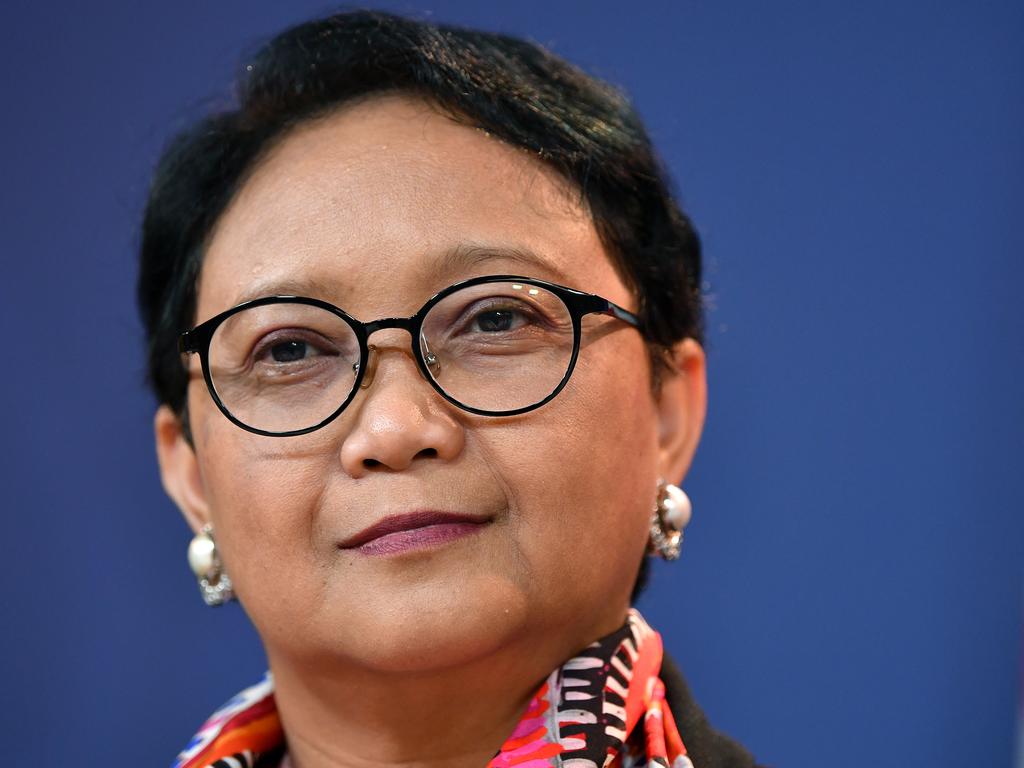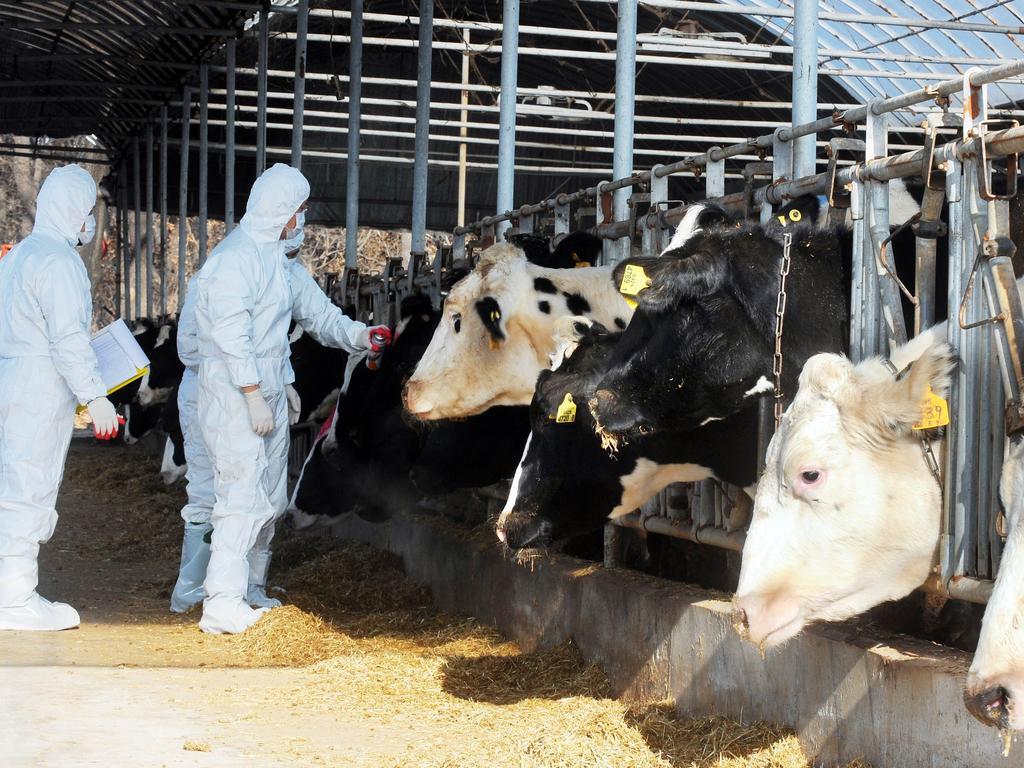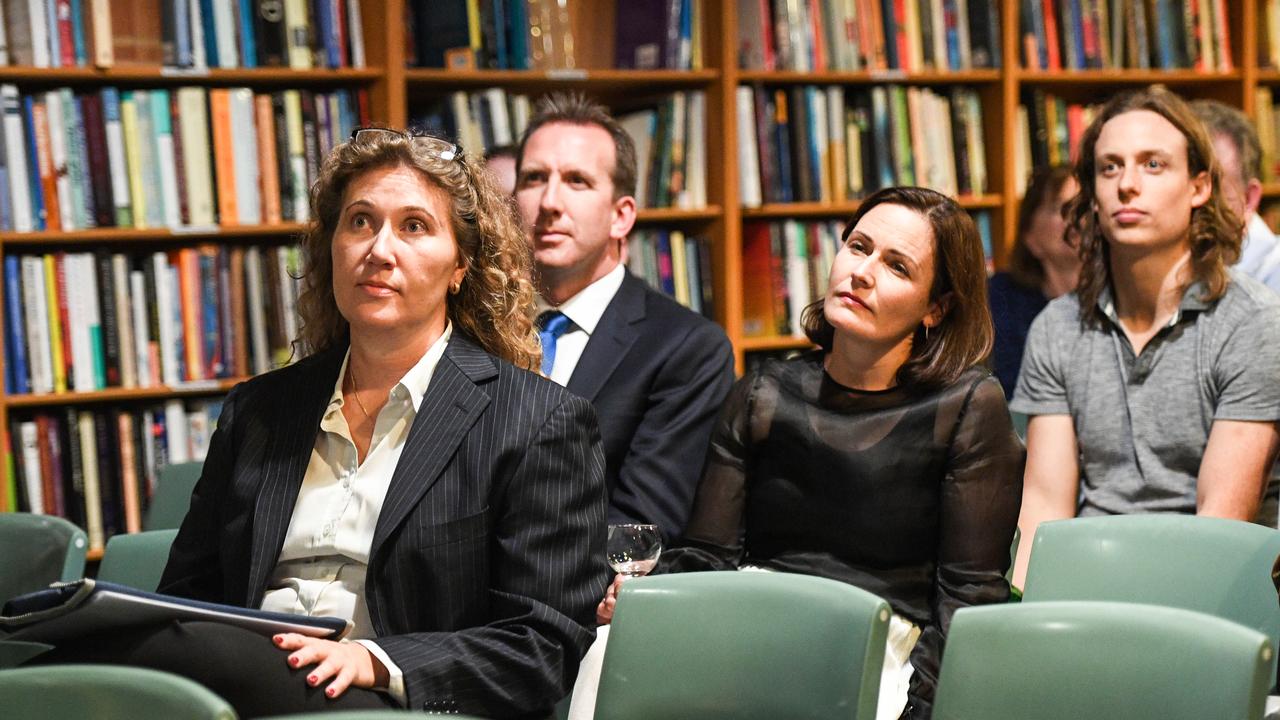Albo’s Indonesia trip puts focus back on neighbourly relations
The PM’s Jakarta visit could usher in a new era of greater bilateral engagement.
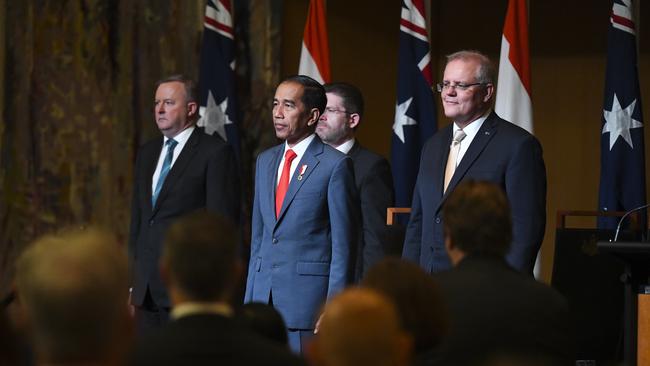
Anthony Albanese flies into Indonesia on Sunday armed with the advantage of legacy and a mature relationship in good shape thanks to the collective efforts of a long line of predecessors dating back to Paul Keating. His main job now this week is to make friends.
Ahead of the Prime Minister’s two day trip, accompanied by new foreign minister Penny Wong, there has been much talk in Jakarta about the Keating pivot to Asia and the perception that Australian Labor governments are more focused on our immediate neighbourhood and the importance of the Indonesia Australia relationship.
Indonesian Foreign Minister Retno Marsudi said as much in a parliamentary briefing this week on Canberra’s likely foreign policy direction under the new ALP administration, which plans to lift the profile and commitment to Southeast Asia within the Department of Foreign Affairs and Trade, and to appoint a roving special envoy for the Association of Southeast Asian Nations region.
“If we look at its history, the Labor Party is trying to establish closer relations with Asian countries, including Southeast Asia,” she told the House of Representatives on Tuesday.
That perception may brings its own expectation management issues, but it’s not a bad problem to have as a freshly minted Prime Minister making the now traditional early pilgrimage to our most important neighbour.
Albanese also enjoys the advantage of more recent bequests: a relationship upgraded to a comprehensive strategic partnership under Malcolm Turnbull; and a hard-fought trade deal that came into force under Scott Morrison, now just waiting for meat to be put on its bones.
This week new figures showed two-way goods trade rose 76 per cent on the back of booming wheat, iron ore and coking coal sales to Indonesia, though Jakarta has made clear it wants Monday’s leaders’ talks to focus on how the two countries can work together to help Indonesia’s economy recover from the pandemic.
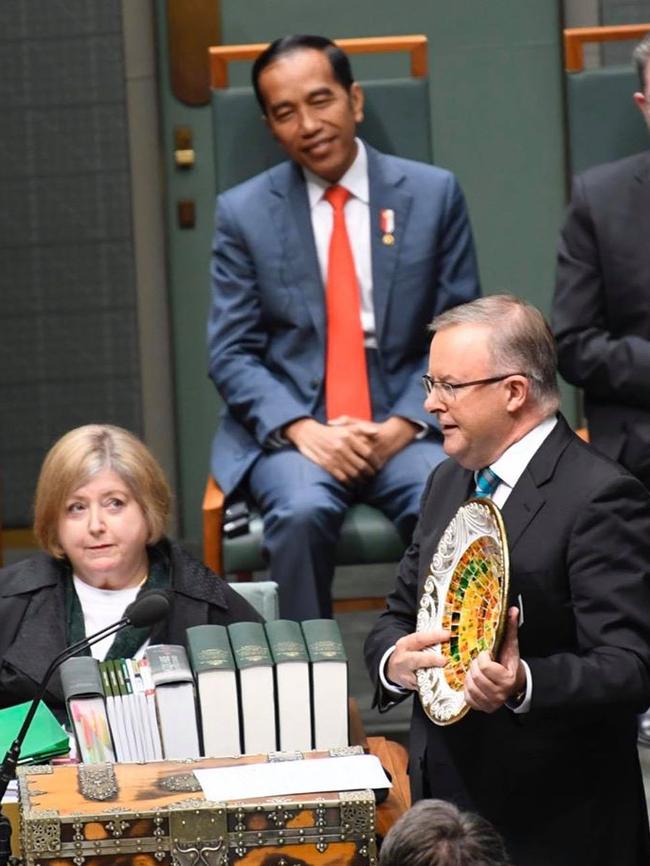
Indonesia has weathered many Australian leaders in recent decades, although few are remembered as fondly as Turnbull, despite his brief tenure. His obvious ease and friendship with Jokowi – as the Indonesian President is known – was a model for all successors, healing a calamitously rocky era after the executions of Australian drug convicts Andrew Chan and Myuran Sukumaran, and allegations that Australia tapped the phone of Indonesian president Susilo Bambang Yudhoyono.
“Personalities matter. Personal rapport makes a difference,” says Dewi Fortuna Anwar, a senior Indonesian foreign policy expert and former vice-presidential adviser. “Keating made a specific effort to come to Jakarta and get to know leaders personally and so did Malcolm Turnbull.” Morrison also flew to Jakarta in his first days as leader – and made steady progress in expanding the trade, maritime and security relationship – but Anwar says he was seen as “more focused on engaging with the US, first with Trump and then with Biden”.
“There is a perception – not of substance but a perception – that the relationship slipped after Turnbull, that there was greater divergence,” she says, first with the decision to move Australia’s Israel embassy to Jerusalem, which caused a stir in pro-Palestinian Indonesia, then with the AUKUS trilateral security pact announcement, which Jakarta warned could start a regional arms race. So far, however, Albanese, has “said all the right things”. “His desire to focus more on bilateral relations, making Indonesia a top priority – those initial remarks and intentions are very welcome,” Anwar says.
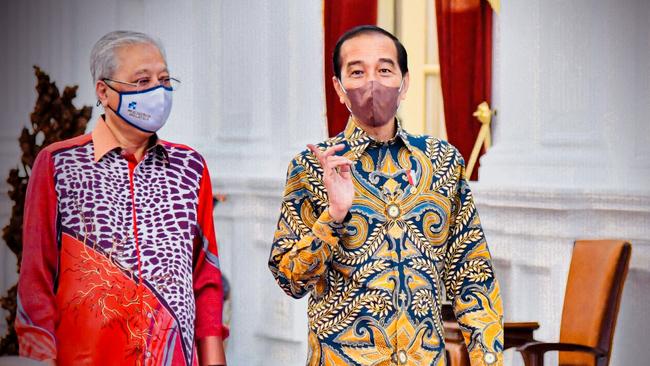
Malaysian-born Penny Wong’s appointment as Foreign Minister also has been greeted with broad approval and open acknowledgment in some quarters that her family ties to Southeast Asia mean she will have a better understanding of the region. Anwar says the bilateral relationship is as important to Indonesia as it is to Australia and while it is “broadening and deepening, more still needs to be done given the fact our two countries are fundamentally different despite increasing convergences of interests and values”.
Rory Medcalf, a former Australian diplomat and now head of the Australian National University’s National Security College, says acknowledging those mutual interests without confusing them with shared values will be key to building the relationship in the future. China may be an irritant for both Australia and Indonesia, but Jakarta has taken a far more low-key approach to Beijing’s incursions in its north Natuna waters and overlapping maritime claims.
“Indonesia is central in so many ways to an effective Indo-Pacific strategy” given its strategic location straddling the Indian and Pacific oceans, the fact it is a “youthful, rambunctious democracy”, a potential ASEAN leader, and a target for Chinese Belt and Road funding aimed at limiting its freedom of manoeuvre, he says.
There’s “every reason” for Australia to prioritise Indonesia, “but we shouldn’t compel it to choose between a Western liberal democratic values system and Chinese authoritarian order”.
For all the progress in the relationship, there are challenges ahead for the new government and the first could come as soon as Monday when Albanese sits down with Jokowi for the first annual Indonesia-Australian leaders meeting since February 2020. Jokowi is under pressure at home to deliver a successful G20, culminating in the November leaders’ summit in Bali, even as he faces a potential boycott by Western nations calling for Russian President Vladimir Putin to be excluded over his brutal invasion of Ukraine. Morrison’s assertion that sitting at a leaders’ table with Putin would be a “step too far” did not go down well in Jakarta, where a government far more comfortable focusing on domestic issues has found itself in the role of reluctant referee between superpowers in a new cold war.
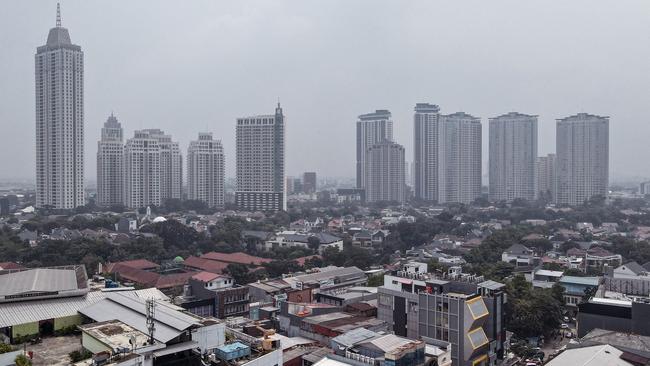
“When Morrison said he did not want to sit with Putin, Indonesia interpreted that as Australia did not support its presidency at the G20,” Pelita Harapan University international relations professor Aleksius Jemadu says. “I think when Albanese comes to Jakarta, Jokowi will ask for his support for Indonesia‘s leadership and the success of the G20 summit in November.”
How Albanese handles that could set the tone for his relationship with Jokowi, whose second and final term ends in late 2024.
Former Australian ambassador to Indonesia and veteran diplomat John McCarthy says Albanese should adopt a constructive position on the G20 and find a way to be at the table for the leaders’ summit. “We have to understand the importance of this meeting to Jokowi and find a way to support him. We have to come and we have to make sure it works,” McCarthy tells Inquirer.
“We should be working with the Japanese to make sure the meeting happens and goes as smoothly as possible. This issue is going to come up again later on with APEC so it’s important we get that right.”
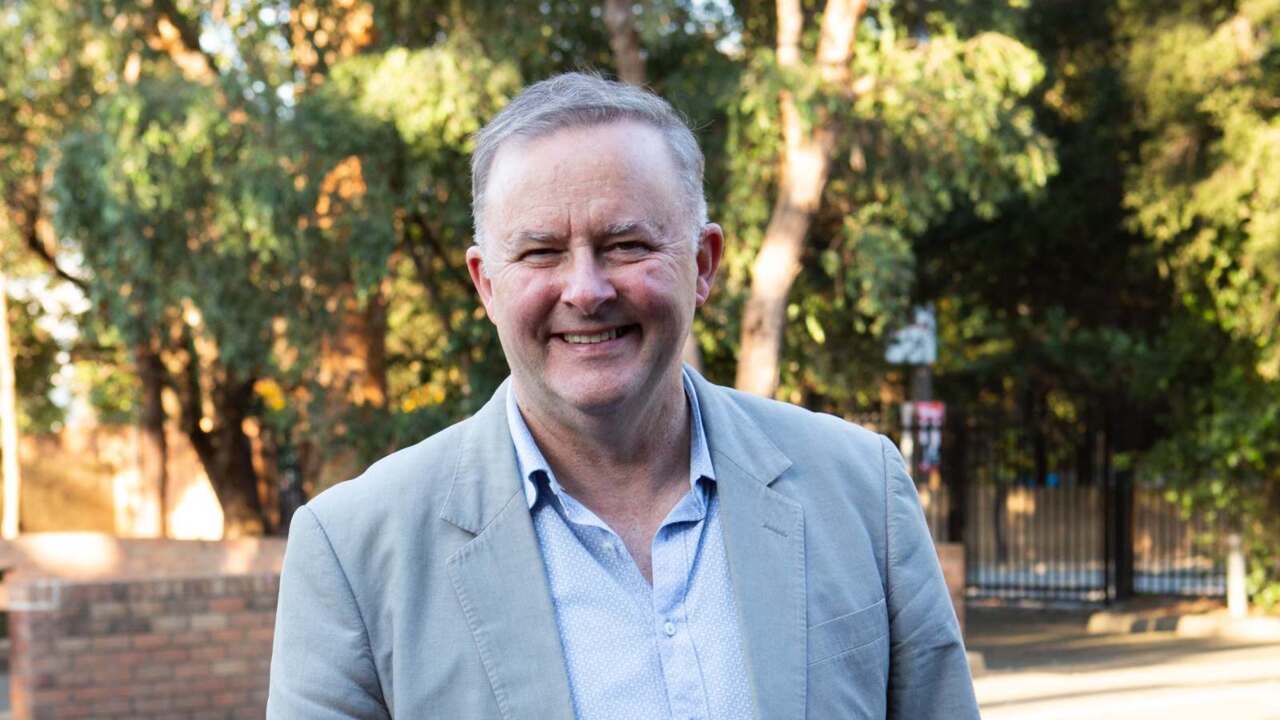
On China, Albanese should not press Indonesia to support Australia’s more partisan position and accept that it has a more nuanced stand. “If you want to be able to work with Indonesia on the whole question of managing China you don’t do it by saying ‘you have to see it our way’,” McCarthy says.
“We have a habit of telling the Indonesians what they think rather than asking them what they think. So if Albanese can listen to Indonesian perspectives – rather than two weeks into government giving him ours – that would serve the relationship very well.”
Should the new Prime Minister come bearing gifts? Medcalf suggests a “turbocharged scholarship program” that brings emerging stars to Australia to help build further connections, while McCarthy believes a well-funded joint research initiative, similar to one recently announced with India, also could be a good start.
Some assistance in the maritime field – perhaps building on the new Quad initiative aimed at curbing illegal fishing in the Indo-Pacific by providing our neighbours with real-time surveillance – also could be useful, though any help Australia can offer Jokowi in realising his new capital city dream Nusantara is likely to be most welcome.
As Anwar advises: “The way to the Jokowi government’s heart is through the economy.”
ADDITIONAL REPORTING: Dian Septiari


